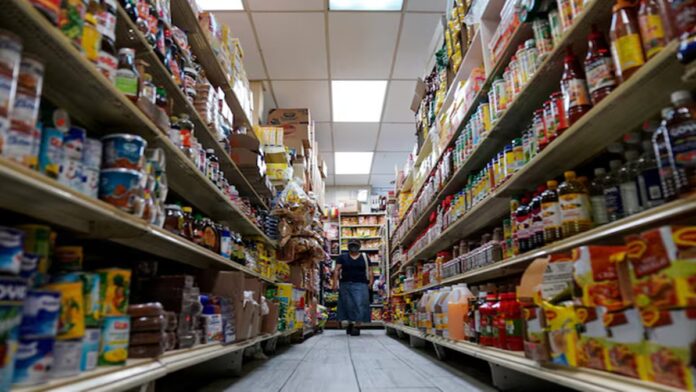Once the backbone of domestic consumption, India’s middle class, which represents 31% of its population, is cutting back sharply on daily and discretionary expenditure. The warning bells were first sounded by Nestle India’s chairman and MD Suresh Narayanan, a company best-known for its brand of noodles (Maggi), instant coffee (Nescafe) and chocolates (KitKat) among other products. Narayanan said that the ‘middle segment’ of consumers, a key category for most fast-moving consumer goods (FMCG) companies, was shrinking, resulting in diminishing fortunes for these firms.
“Earlier when there was pressure on the middle class, it would last for a quarter or so. But now, it has lasted for two to three quarters, which is worrisome,” Narayanan said, after the company reported its slowest quarterly growth for the July-September period in eight years.
Also ReadFireworks in defence sector in Q4: Sharp rise in order inflow expected as indigenization up
Since much of the middle class in India resides in cities, FMCG companies have seen urban slowdown pangs hit growth rates in recent quarters, experts say. For instance, urban volume growth in the June and September quarters was stagnant at 2.8% versus rural volume growth which improved from 5.2% in the June quarter to 6% in the September quarter, according to NielsenIQ data. Industry sources say that urban volume growth numbers for the December quarter may show a drop from levels seen in the June and September quarters as demand has remained weak during the period. Rural volume growth numbers are likely to show a further improvement from a sequential perspective as the momentum remains strong.
Also Read Explainer: Why the govt needs to rationalise tax rates Change course Long live shared value FY25 Budget shows ways to build an efficient workforce
Britannia’s vice chairman and MD Varun Berry says that much of the decline in FMCG growth rates in urban areas can be traced to the pressure on FMCG wallet shares in metros and big cities, as rising housing prices, an increase in food inflation and low wage hikes has led to a vicious cycle of weak consumer sentiment and therefore weak sales for FMCG companies.
“Housing costs, which make up 22% of the CPI basket in urban areas, have been on the rise. This is creating stress for most consumers in large cities and metros.
» Read More


